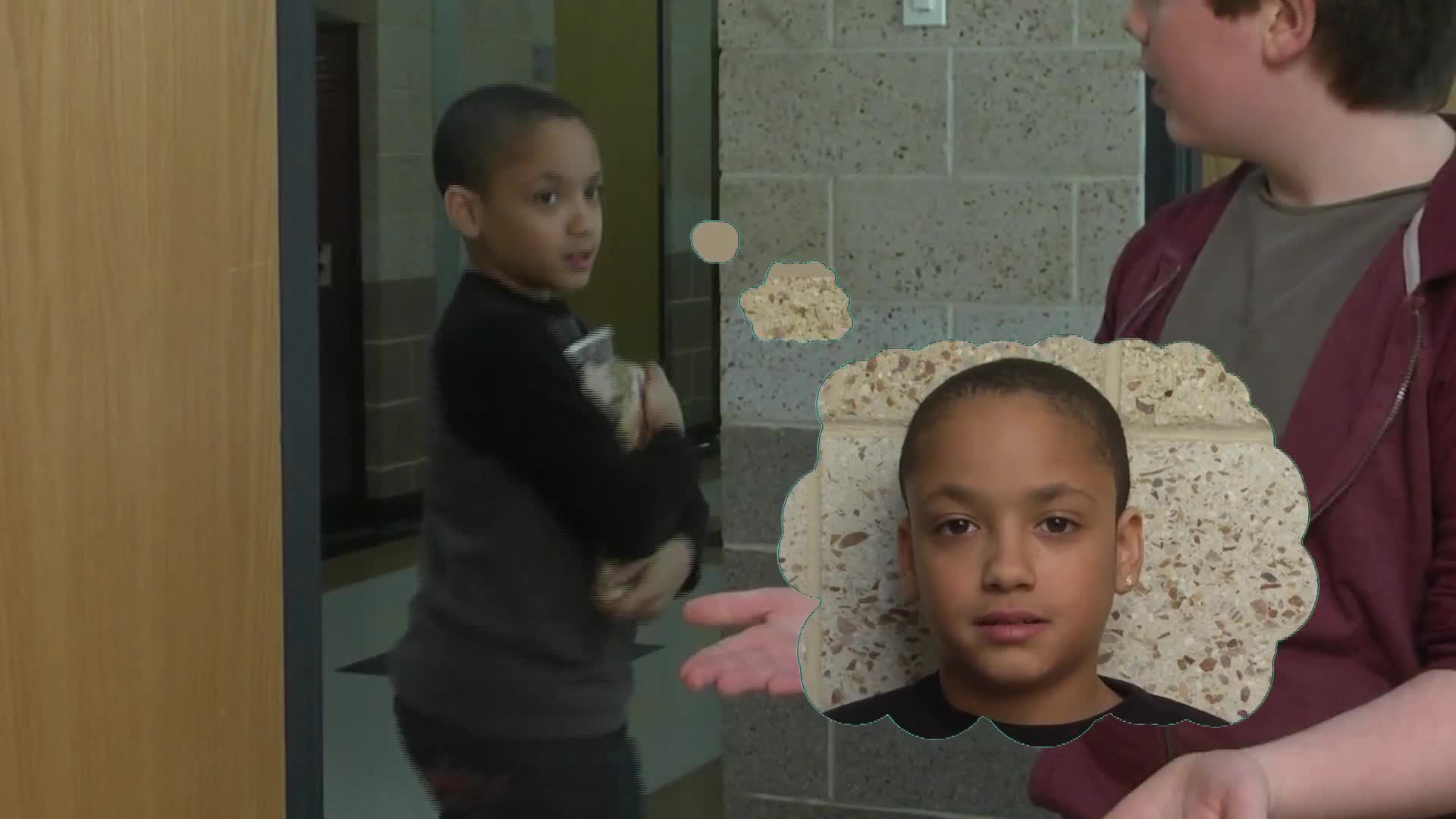Introduction
In our daily interactions, having balanced conversations is essential for building and maintaining healthy relationships. When we converse with friends, it should resemble a game of catch, with each person taking turns to speak and listen. This blog post will discuss the importance of balanced conversations, provide a no-prep activity for educators, suggest discussion questions, mention related skills, and offer next steps to enhance students’ social-emotional learning experiences.
No-Prep Activity: The Conversation Catch
This activity requires no preparation or materials. It helps students understand the importance of taking turns and not overwhelming others with too much information in a conversation.
- Divide students into pairs.
- Ask each pair to stand facing each other, as if they are playing a game of catch.
- Explain that the “ball” they will be tossing back and forth is a topic of conversation.
- Each student takes turns sharing a brief statement about their day or a topic of their choice.
- The other student listens and then responds with a related statement, continuing the back-and-forth exchange.
- After a few minutes, ask students to switch partners and repeat the process.
This activity allows students to practice listening and responding in a balanced manner, fostering healthy communication habits.
Discussion Questions
- Why is it important to have balanced conversations with our friends?
- How did it feel to take turns sharing and listening during the Conversation Catch activity?
- What are some strategies to ensure we don’t overwhelm others with too much information in a conversation?
- How can we be more aware of the other person’s feelings and needs during a conversation?
- What are some ways to improve our listening skills in a conversation?
Related Skills
Beyond balanced conversations, students can also benefit from developing other social-emotional learning skills, such as:
- Active listening
- Empathy and understanding
- Effective communication
- Reading non-verbal cues
- Conflict resolution
Next Steps
Now that you’ve learned about the importance of balanced conversations and a simple no-prep activity to help students practice this skill, consider exploring more social-emotional learning resources. To access free sample materials, including activities and lessons on related skills, sign up at Everyday Speech.






